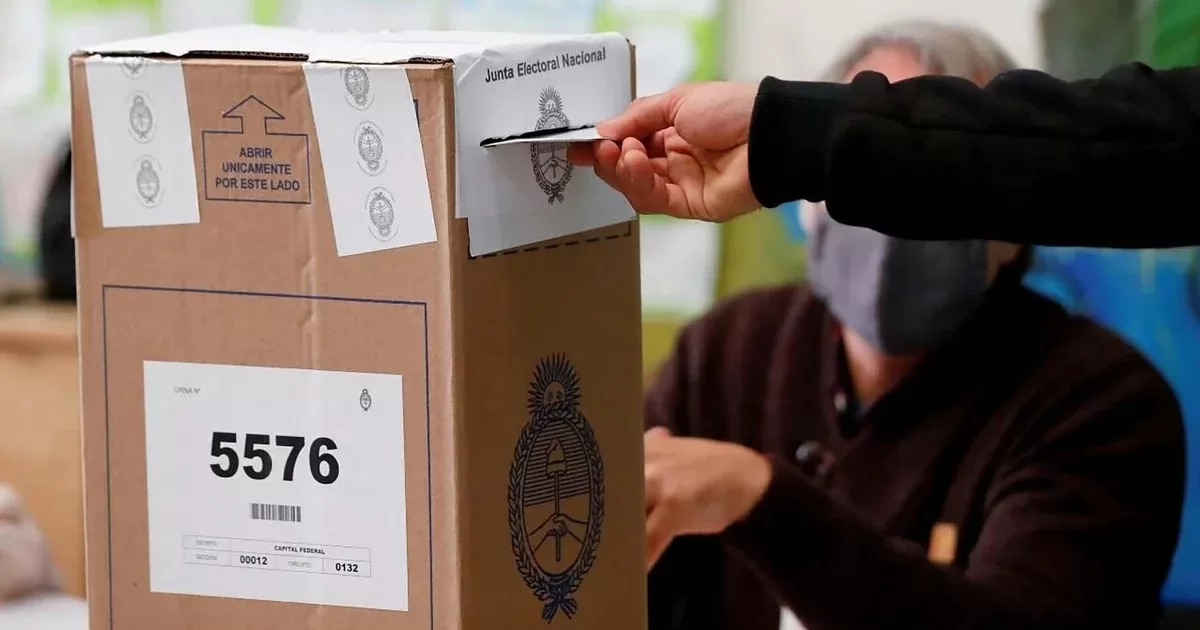The Minister of Economy spoke of financing alternatives and pointed to the International Monetary Fund for its overcharge policy
By iProfessional
02/24/2023 – 12:25 p.m.
The Minister of Economy, Sergio Massaparticipated in the second day of the g20 summit of Finance Ministers and Central Bank Governors, held in Bengaluru, India.
The official spoke about the need to work in financing alternatives to the Multilateral Development Banks; called for a review of the IMF’s surcharge policy; and demanded that the economic damages of the war be taken into account in multilateral organizations.
The head of the Palacio de Haciendo emphasized that “the pandemic, the war, and the drought due to climate change condition global food security and economic development.” For Massa, the circumstances that make up the global situation “not only jeopardize short-term recoverybut undermine the ability of countries to meet long-term development goals.
In addition, he referred to the inability of some countries to access climate and sustainable financing: “Sustainable financing presents challenges especially for developing countries. Many countries do not have access to grants and climate financing on favorable terms to invest in mitigation, adaptation and energy transition.
Financing asymmetries
The Economy Minister focused part of his speech on the financing differences across countries: “Pre-existing asymmetries in financing conditions between developing and advanced economies have been exacerbated by the tightening of interest rates in many advanced economies.”
The increase in sources for investment in social and sustainable infrastructure is, according to Massa, a “key factor” to achieve the objectives of economic recovery, competitiveness and response to structural challenges such as climate change, urbanization and digitization.

On Thursday, Massa met with the official sent by US President Joe Biden
In this sense, he highlighted the role of the Multilateral Credit Banks, but called to “discuss other financing alternatives” and also “provide financial relief to countries that need it.”
In turn, he defined Argentina as an “environmental creditor”: “We have at this table countries rich in economic-financial resources and, on the other, countries rich in ecosystem resources. Our country is financial debtor but it is an environmental creditor. The natural heritage and biodiversity of our countries serve humanity, which makes us unrecognized creditors in the face of financial creditors.”
Another of the points revolved around the policy of surcharges arranged by the International Monetary Fund, that is, the extra interest that the organization charges to debtor countries that take a loan above what is allowed. “It is regressive, because it falls on the countries with the greatest financing needs; pro-cyclical, because it makes it even more difficult to economic recovery and repayment capacity; and opaque, because countries rarely know they will have to pay surcharges,” he said.
At the end of his speech, he called for “the same countries that in this area demand that we put the seriousness of the war damage on the agenda, give a mandate to their directors in multilateral organizations so that those of us who were economic victims of this damage are heard in those forums”.

